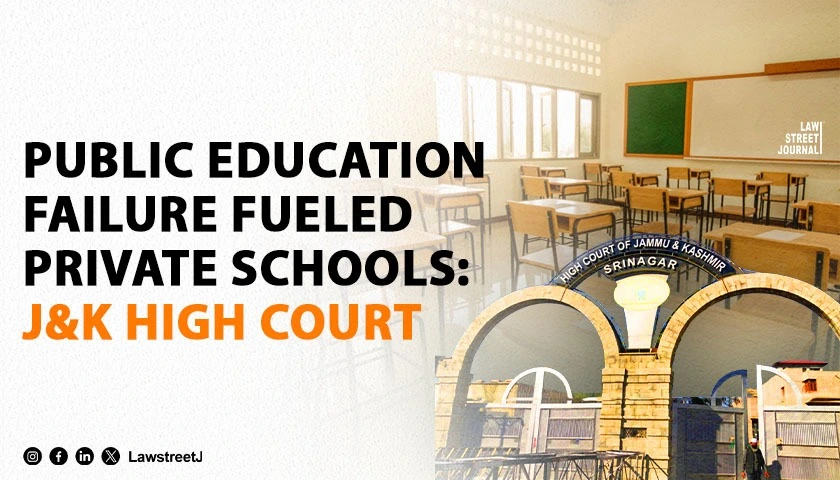New Delhi: The Supreme Court has delivered a significant judgment, setting aside Madhya Pradesh High Court order that disturbed the custody of a toddler in a writ proceeding. The apex court emphasized that regular civil courts or family courts are better equipped to handle child custody cases compared to writ courts.
A Division Bench comprising Justices Abhay S. Oka and Augustine George Masih dismissed an appeal arising from a custody dispute over a 2-year-7-month-old girl, whose mother had died an unnatural death.
The court noted that the High Court had ordered a change in custody based solely on the father’s legal rights, without considering the child’s welfare. Justice Oka observed, “The High Court has not dealt with or considered the issue of the welfare of the child. The High Court has disturbed the child’s custody based only on the father’s right as a natural guardian.”
Expressing its view on the appropriate forum for custody matters, the court stated, “Only in substantive proceedings under the GW Act can the appropriate Court decide the issue of child custody and guardianship. Regular civil/family courts dealing with child custody cases are in a better position.”
The court highlighted several advantages of civil/family courts in handling custody cases, including their ability to interact with the child more frequently, the availability of child centers/play areas for interaction, the capacity to record evidence, the option to appoint experts for psychological assessment, and their better positioning to monitor visitation/access arrangements.
The Supreme Court set aside the High Court’s order and dismissed the writ petition. However, it laid down interim arrangements for the father and grandparents to have supervised access to the child under the supervision of the District Legal Services Authority, with the assistance of a child psychologist or psychiatrist.
Additionally, the court directed the appellants (maternal relatives with current custody) to file a petition seeking guardianship under the Guardians and Wards Act within two months. It stated, “As assured to the Court, the appellants or some of them shall file a petition seeking a declaration of guardianship and permanent custody of the child under the provisions of the GW Act before the competent court within a maximum period of two months from today.”













